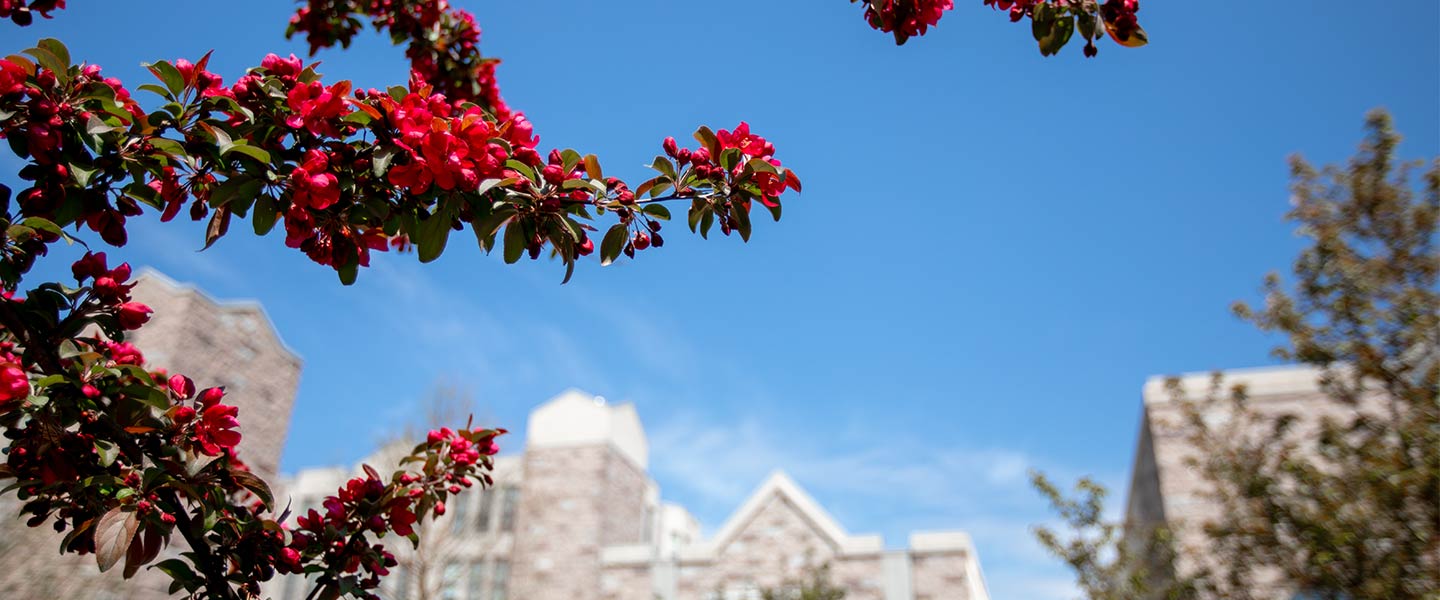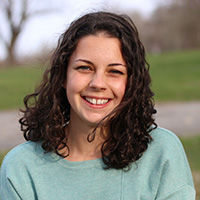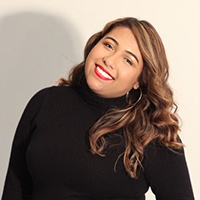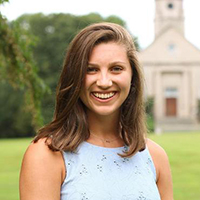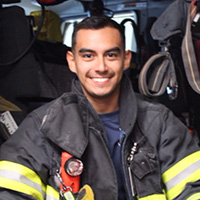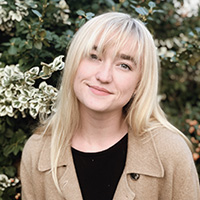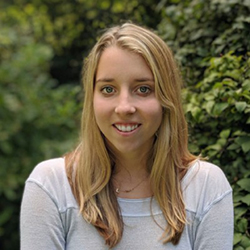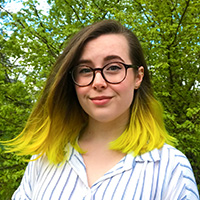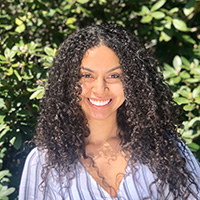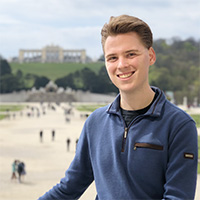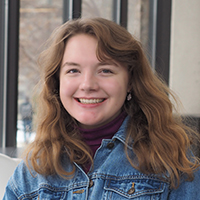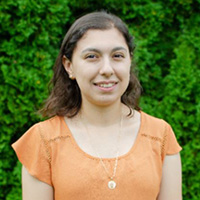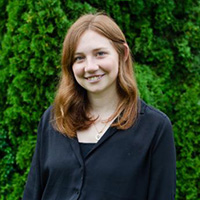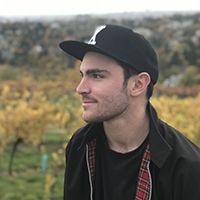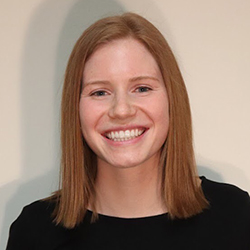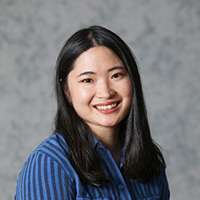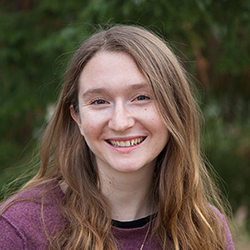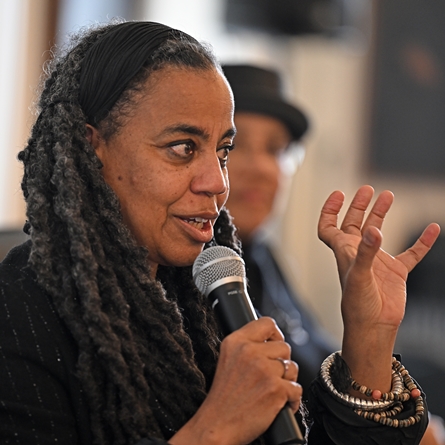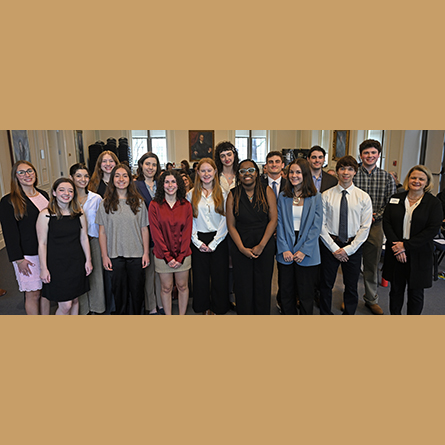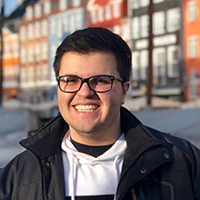
Marcus Vinicius Pinto Pereira Junior
ACS Chemistry major, Computer Science minor
Center/Pathway affiliation: Goodwin-Niering Center for the Environment
Favorite classroom experience at Conn: I had great classes at Connecticut College, but if I have to name my favorite, I would say that it was the two semesters organic chemistry course that I took my sophomore year with Professor Timo Ovaska, the Hans and Ella McCollum ’21 Vahlteich Professor of Chemistry. This course made me fall in love with organic chemistry in a way that motivated me to start doing research in the field.
Best takeaway from your summer science research experience: For my internship, I stayed eight weeks at Connecticut College through the Summer Science Program, working with professor Ovaska on research about the synthesis of natural compounds. This fulltime laboratory experience made me realize that I wanted to pursue a career in science. I was also fortunate to receive a grant from the U.S. Department of Education through the Otto and Fran Walter Commons for Global Study and Engagement that allowed me to travel to the University of São Paulo in Brazil to spend four weeks conducting research in green chemistry. As a member of the Goodwin Niering Center for the Environment, this opportunity opened my eyes to the possibility of combining my passions for environmental conservation and organic chemistry.
How did you adapt to remote learning? I was able to retrieve all my data from the Hale Laboratory computers before returning home to Brazil, and I was able to work remotely with my adviser to complete my thesis. I also participated in an international Zoom chemistry conference, where I presented my honors thesis to about 100 other students and professors.
Future plans: I will start my doctorate in organic chemistry at Yale University in the fall.
